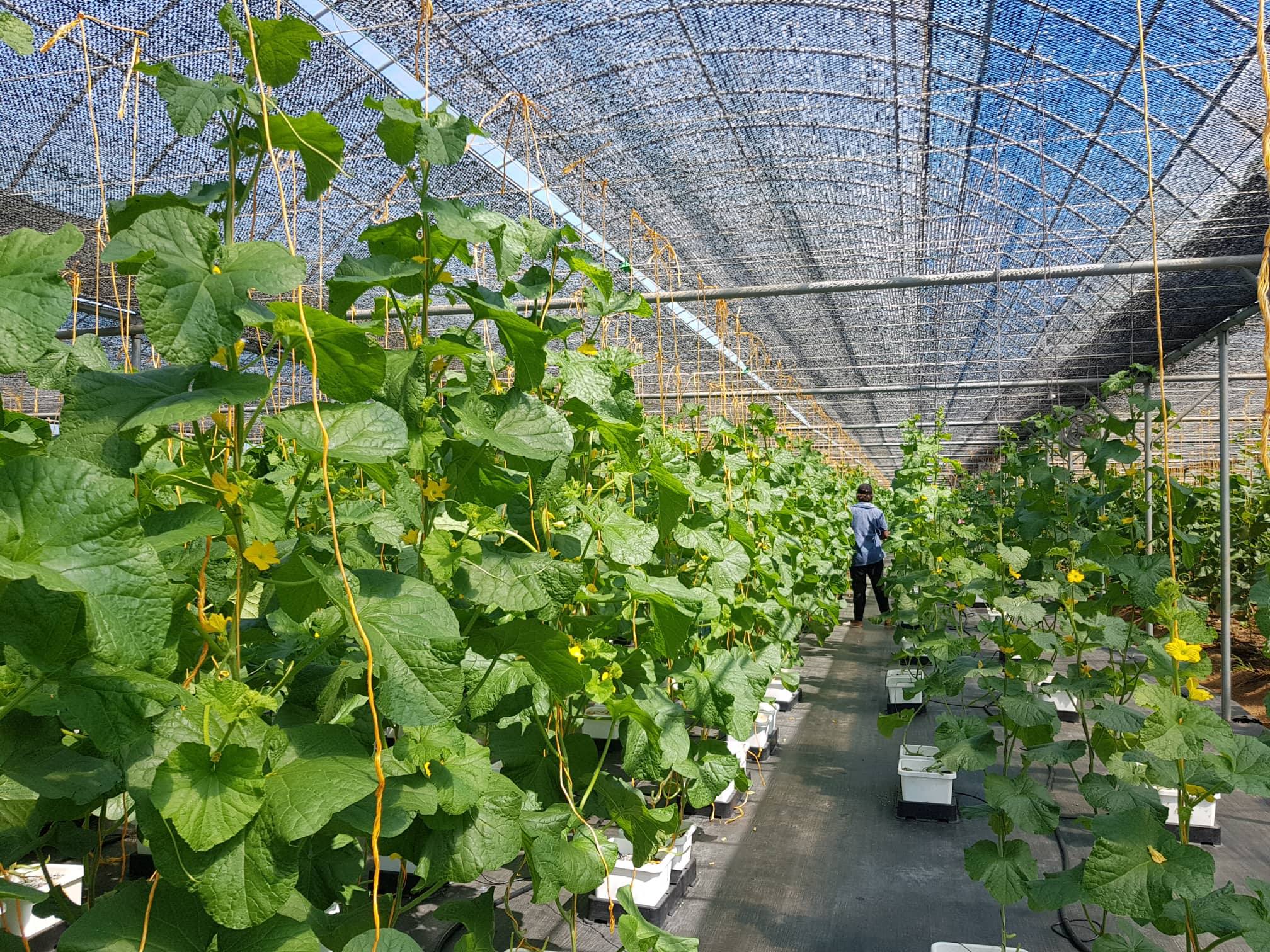The revelation that we spend about $3.2 million a month on imported food for our tourists is interesting.
A study — From the farm to the tourist’s table – A study of fresh produce demand from Fiji’s hotels and resorts — revealed our import bill for meat, seafood, dairy products, fruits, vegetables and packaged juice was more than $38.5 million annually or $3.2m a month.
As reported on the front page and in the business section of today’s edition, the report, launched yesterday in Suva, suggests we could reduce this cost by $24m by focusing resources on growing or producing specific, high potential fresh produce locally.
But the demand for imported food by tourists is just a fraction of what the country’s demand is — $794.9m annually.
It is interesting to note that last year hotels and resorts in Fiji’s main tourism areas spent $74.4m on procurement of fresh produce. Of this amount, 52 per cent or more than $38.5m was spent on imported items.
Together, the report stated, 18 fresh produce items account for 63 per cent of the total fresh food imports consumed by hotels in Fiji’s main tourism areas of Nadi, Lautoka, Denarau, Coral Coast and the Mamanuca and Yasawa islands.
These include: Vegetables: potatoes, coloured capsicum (red/yellow/orange), green capsicum, broccoli, lettuce, cauliflower, zucchini, purple cabbage and green cabbage; Fruits: tomatoes, oranges, rock melon and honeydew melon; Meat and Seafood: beef, bacon and prawn; and, Dairy: cheese. Juice: packaged tropical juices.
The report urges the Ministry of Agriculture to conduct further product-by-product reviews of these key items to identify more specific recommendations.
Clearly, farmers have an opportunity to manoeuvre themselves into the supply chain.
The report does offer a beacon of hope, suggesting that reviews should specifically focus on the technical feasibility of local production including the effect of seasonal fluctuations in tourism demand and growing seasons, supply chain challenges, hotel buyer demands and requirements, financial feasibility along with competition with lower priced imports and natural disasters.
Understandably there may be issues attached to our ability to grow imported produce to the expectations and standards of our hotels and resorts.
However, there is a market available for our growers.
The challenge is how we can manoeuvre ourselves to become relevant in the mechanics of the food supply chain.
That will place very high demands on productivity and farming methods, and will certainly require a lot of planning, awareness and hard work.




